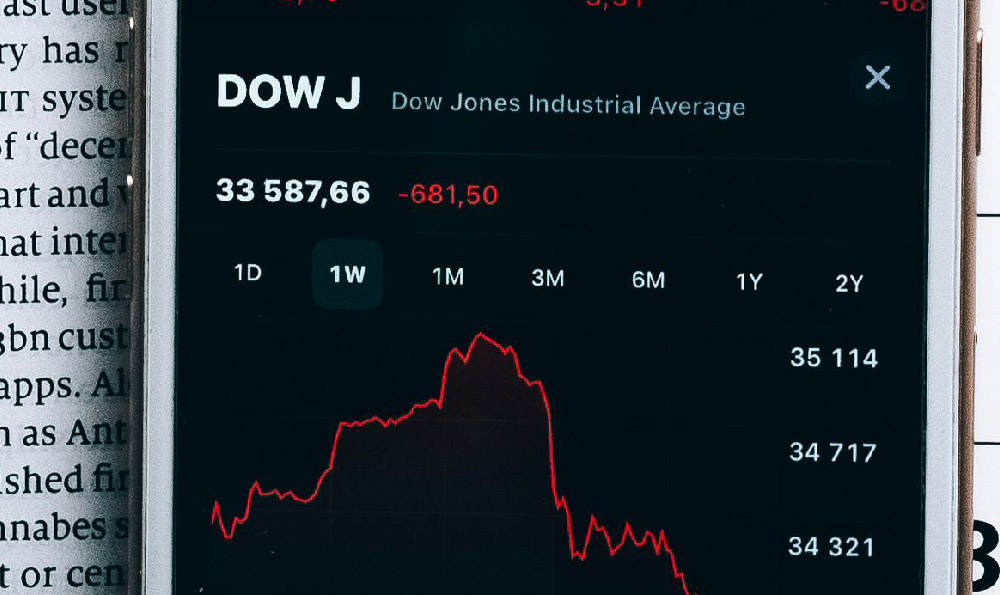Here's an article addressing the Super Bowl's earnings and profits, optimized for SEO:
Super Bowl: A Financial Titan
The Super Bowl. It's more than just a football game; it's a cultural phenomenon, a marketing battlefield, and a financial powerhouse. Understanding the Super Bowl's earning potential and profits involves dissecting revenue streams from various sources, examining expenses, and appreciating its broader economic impact.

The Core Revenue Streams of the Super Bowl
The National Football League (NFL) generates revenue from multiple avenues surrounding the Super Bowl, making it one of the most lucrative single-day sporting events in the world.
- Television Broadcasting Rights: This is the biggest piece of the pie. Television networks pay exorbitant fees for the exclusive right to broadcast the Super Bowl. These deals are negotiated years in advance and represent a significant portion of the NFL's overall revenue. The price tag to air the game has increased exponentially throughout the years and continues to climb. The network airing the Super Bowl also benefits from high advertising rates.
- Advertising Revenue: Companies clamor for the opportunity to showcase their products and services to the massive Super Bowl audience. A 30-second commercial spot during the Super Bowl costs millions of dollars, making it the most expensive advertising real estate on television. These commercials aren't merely ads; they're mini-movies, often featuring celebrities and elaborate production values, aiming to create a lasting impression on viewers. The high cost is justified by the unparalleled reach and engagement the Super Bowl provides.
- Ticket Sales: While ticket revenue isn't the largest revenue stream, it is still substantial. Tickets to the Super Bowl are notoriously expensive and difficult to obtain. Most tickets are allocated to the participating teams, sponsors, and the NFL itself. A small number are made available to the public through a lottery system. The resale market for Super Bowl tickets often sees prices soaring to astronomical levels.
- Sponsorships and Licensing: The NFL secures numerous sponsorships from major corporations, granting them exclusive rights to associate their brands with the Super Bowl. These sponsorships can encompass everything from stadium naming rights to product placement and promotional opportunities. The NFL also earns revenue through licensing agreements, allowing companies to produce and sell Super Bowl-branded merchandise, ranging from apparel to souvenirs.
- In-Stadium Revenue: This includes revenue generated from concessions (food and beverages), merchandise sales within the stadium, and parking fees. The Super Bowl host city and stadium also benefit from the influx of fans, boosting local businesses.
The NFL's Expenses: Investing in the Spectacle
While the Super Bowl generates immense revenue, it also incurs significant expenses. These include:
- Game Day Operations: This covers the cost of security, staffing, event management, and stadium preparation. Ensuring the safety and smooth operation of the Super Bowl requires a massive logistical undertaking.
- Team Expenses: The NFL provides stipends to the participating teams to cover travel, accommodation, and other expenses related to their Super Bowl appearance.
- Halftime Show Production: The Super Bowl halftime show is a spectacle in itself, featuring world-renowned performers and elaborate stage productions. The NFL invests heavily in producing a memorable halftime show to attract viewers and enhance the overall Super Bowl experience. While the performers themselves are typically not paid a performance fee (the exposure is considered compensation), the production costs can be substantial.
- Venue Rental and Infrastructure: The NFL pays a fee to the host city and stadium for the use of their facilities. Upgrades and improvements to the stadium's infrastructure may also be required to meet the NFL's standards.
Calculating the Profits: A Complex Equation
Determining the exact profits of the Super Bowl is challenging due to the NFL's financial structure and the complexity of revenue allocation. The NFL is a non-profit organization, meaning that revenue is distributed among the 32 member teams. While the NFL doesn't publicly disclose the precise profit figures for the Super Bowl, estimates place the profit in the hundreds of millions of dollars.
Furthermore, the economic impact extends far beyond the NFL's direct revenue. The Super Bowl generates billions of dollars in economic activity for the host city and surrounding region, including spending on hotels, restaurants, transportation, and entertainment.
Beyond the Game: The Super Bowl's Broader Impact
The Super Bowl's influence extends beyond financial metrics. It's a cultural event that brings people together, fosters a sense of community, and provides a platform for social commentary. The commercials often spark conversations and shape cultural trends. The halftime show becomes a topic of national discussion. The game itself creates memorable moments and sporting legends.
The Future of Super Bowl Finances
The Super Bowl's financial prospects remain bright. Television broadcasting rights continue to escalate. Advertising rates are likely to rise further. The NFL is exploring new revenue streams, such as streaming services and international expansion.
However, the NFL also faces challenges, including concerns about player safety, evolving consumer preferences, and competition from other entertainment options. The league must adapt to these changes to maintain the Super Bowl's position as the premier sporting and entertainment event.
Super Bowl: An Economic Engine
The Super Bowl's earning power stems from its ability to capture the attention of a massive audience and generate revenue from diverse sources. While precise profit figures remain closely guarded, the Super Bowl's economic impact is undeniable, making it a financial titan and a cultural phenomenon. Its profits flow not just to the NFL, but also ripple through the host city, advertisers, and countless businesses that benefit from the Super Bowl's immense popularity. The Super Bowl is more than a game; it's an economic engine that drives billions of dollars in revenue and shapes the cultural landscape.












